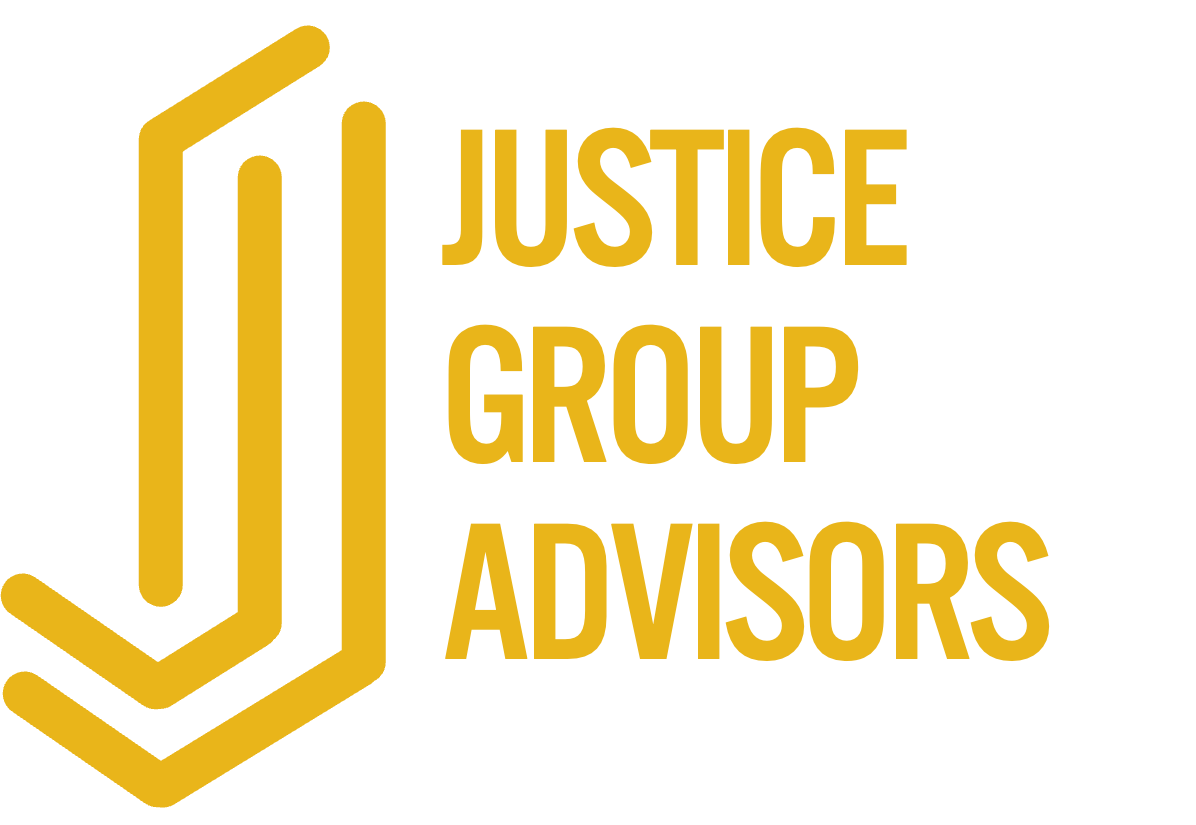Building Resilience After Layoffs: Strategies to Overcome Survivor Syndrome and Lead High-Performing Teams
Part 3 in a 3-Part Series for Biotech Leaders
In this final segment of our series, “Surviving Survival Syndrome,” we turn our focus to those who endure—the survivors. Part 1 explored survivor syndrome and strategies for addressing it, and in Part 2, we discovered how an executive coach can be your secret weapon both before and after a layoff. Now, we explore strategies for cultivating resilience in your workforce so that they not only weather the storms but emerge stronger, more adaptive, and poised for sustained success in the ever-evolving industry.
Striking the Balance: Optimism vs. Realism
The biotech sector pulses with innovation and forward momentum, attracting employees driven by the prospect of contributing to groundbreaking medical advancements. While the allure of stock options, working in startup environments, and learning from the best and brightest adds to the excitement, the industry's inherent risk is undeniable, especially amidst an unrelenting backdrop of layoffs.
Do You Have Survivor Syndrome? Take Our Free, Confidential Assessment to Find Out. No Strings Attached.
Leadership in biotech demands a nuanced understanding of both the uncertainties in drug development and the intricacies of human behavior. Even the most promising preclinical data doesn't always seamlessly translate into the anticipated benefits during human trials. From unpredictable clinical responses to the often extended timelines within an ever-changing capital and competitive market, the journey from Phase I to Phase III and beyond is long and winding.
To foster a high-performing and resilient culture, leaders must adeptly motivate and engage their teams, keeping them focused on organizational goals during disruptive inflection points. This not only requires nurturing a diverse, inclusive, and vibrant culture but also demands high emotional intelligence. Leaders must skillfully strike the delicate balance where the optimism propelling innovation coexists with the reality that is drug development.
"Work Family" : A Misguided Notion
In our pursuit of community and a sense of belonging, the term "work family" often emerges. However, leaders must tread carefully as this metaphor carries unintended consequences. It implies expectations of unconditional support, understanding, and loyalty—expectations that can be problematic, especially during layoffs. After all, you don't lay off family members.
The decision-making processes during a layoff can be compromised when colleagues are considered family. Separating the role from the person becomes a complex task, intensifying the emotional toll on both leaders and employees. Those facing layoffs feel betrayed, and survivor syndrome is amplified for those who remain. Framing the workplace as a “family,” even outside of a layoff, may lead employees to prioritize professional commitments over personal well-being, jeopardizing a healthy and inclusive culture. After a layoff, these pressures intensify as fewer employees are available to share the workload.
Leaders are strongly advised to emphasize community, inclusion, and mutual respect without introducing familial connotations.
Redefining Loyalty: A Pillar of Resilience
Redefining loyalty is crucial for fostering resilience and mitigating survivor syndrome. The traditional anchor of job security clashes with the reality of an industry marked by perpetual disruptioin. Employers anticipating static, long-term commitments without addressing evolving needs for growth and development are misguided. Those embracing a new loyalty paradigm, grounded in a robust value proposition and openness to employee mobility, are poised to foster healthy, resilient teams.
Instead of clinging to outdated notions of loyalty and job security, the emphasis should shift from expecting a lifelong commitment to creating an environment valuing ongoing contributions. Companies that invite employees to join, learn, grow, and contribute their best, with fair compensation and support, are positioned for success.
Redefining this relationship is a shared responsibility. Employers lead by fostering a culture of continuous learning, growth opportunities, and a commitment to professional development. Simultaneously, employees take charge of their careers, actively shaping their professional journey. Want to support employees as they transition? Learn how to make meaningful connections with this simple template.
This shift acts as a potent antidote to survivor syndrome. The aftermath of layoffs burdens employees, who may feel guilt, anxiety, and an intensified sense of responsibility. Those who remain may feel overwhelming pressure to stay. Instead of imposing loyalty expectations, effective leaders focus on delivering on the value proposition for the remaining workforce—making them want to stay because of the incredible opportunities still in front of them. Redefining roles becomes an opportunity for stretch opportunities aligned with individual goals. Revamping processes presents an opportunity to reinvent and work with new colleagues. All of this necessitates understanding one’s employees, but shouldn’t that be a fundamental expectation?
Redefined loyalty acknowledges that employees aren’t mere cogs in a machine. They expect opportunities to learn and grow as part of the value proposition. Thus, if an organization can't provide growth opportunities aligned with one’s career aspirations, employees aren't traitors for seeking new challenges. The value proposition has changed, and leaders, while perhaps disappointed, shouldn’t be surprised by an employee’s desire to move on. This approach liberates leaders and employees, creating a culture of mutual trust and respect, and builds a much deeper and enduring loyalty.
Resilience: A Strategic Imperative
Building a resilient workforce is not just a post-layoff strategy but a strategic imperative for biotech leaders navigating the complexities of today’s work environment. The delicate balance between optimism and realism, the establishment of clear professional boundaries, and the redefinition of loyalty are foundational elements for cultivating a high-performance team. As the biotech industry grapples with ongoing uncertainties, these strategies not only help teams weather the storm and survive survivor syndrome, but position organizations for sustained success in the evolving landscape.
If your team is navigating the aftermath of layoffs, let’s talk. My coaching programs help leaders build resilient, high-performing teams that emerge stronger through disruption.


